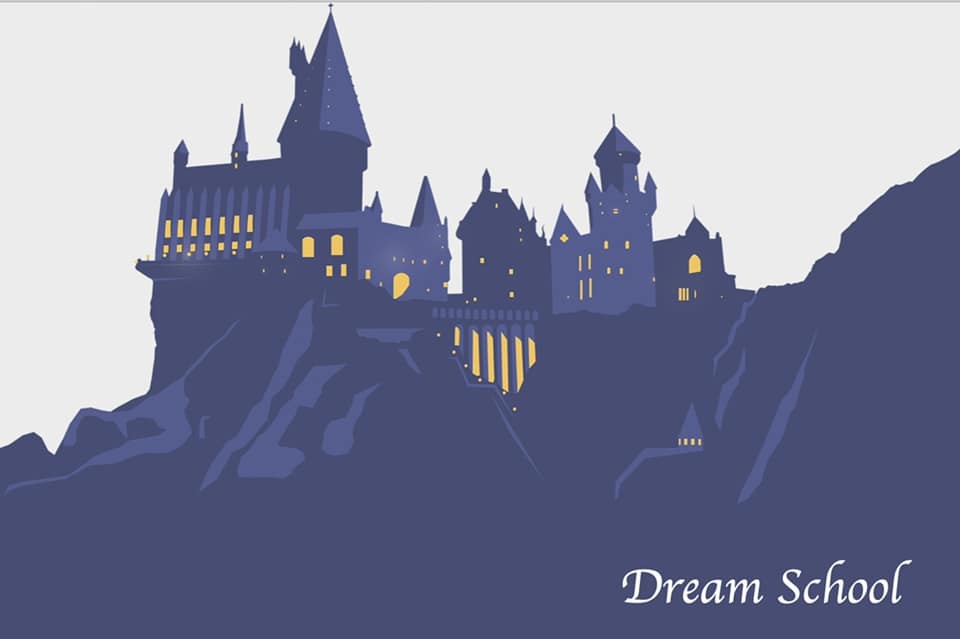When parents decided to send their children to study in England, many would think of the most popular private schools like Sevenoaks School, Tonbridge School, and Woldingham School. Of course these are very good schools with great campus facilities and very good academic results. However, the entrance competition of these schools is fierce and also the annual school and boarding fees are very expensive. Anyway, Hong Kong parents have many options. According to the visa scheme for British National (Overseas) citizens in Hong Kong, school aged children of BN(O) visa holders will have the rights of access to public education, that means children can be enrolled in state-funded schools in England.
State-funded schools, commonly known as state schools, provide education without charge in England. Students will start the secondary education (Year 7) at around 11 years old. There are generally two main types of state schools: grammar schools and comprehensive schools. Comprehensive schools can be further subdivided into academy schools, faith schools, community schools, and free schools.
- Grammer School
There are only about 163 grammar schools in England, out of some 4,000 state secondaries, so the entrance competition is very fierce. Historically, grammar schools were those that taught classical languages such as Latin and Ancient Greek, but over time, this role has evolved. Today’s grammar schools are state secondary schools that have a strong focus on academic achievement, unlike non-selective, all-ability comprehensive schools. Grammar schools are defined by their pursuit of academic excellence, traditional teaching methods and ethos of strict discipline. Grammar schools select their pupils based on their results of the 11-plus exam which is taken by pupils in the last year of primary school. - Academy School
Academy schools are state-funded schools in England which are directly funded by the Department for Education and independent of local authority control. Academies are self-governing non-profit charitable trusts and may receive additional support from personal or corporate sponsors, either financially or in kind.They do not have to follow the national curriculum, but do have to ensure that their curriculum design is broad and balanced, and that it includes the core subjects of mathematics and English. - Faith School
A faith school is a school in England that teaches a general curriculum but which has a particular religious character or formal links with a religious or faith-based organisation. The term is most commonly applied to state-funded faith schools, although many private schools also have religious characteristics. Schools with a formal faith designation may give priority to applicants who are of the faith. However, state-funded faith schools must admit other applicants if they cannot fill all of their places and must ensure that their admission arrangements comply with the School Admissions Code. Faith schools have to follow the national curriculum, but they can choose what they teach in religious studies. - Community School
A community school in England is a type of state-funded school in which the local education authority employs the school’s staff, is responsible for the school’s admissions and owns the school’s estate. Community schools, which are sometimes called local authority maintained schools – they are not influenced by business or religious groups and follow the national curriculum. - Free School
Free schools are funded by the Government but are not run by the local authority. They have more control over how they do things. They’re ‘all-ability’ schools, therefore cannot use academic selection processes like a grammar school. They do not have to follow the national curriculum. Free schools can also set their own pay scales for staff, change the length of school terms and the school day.






